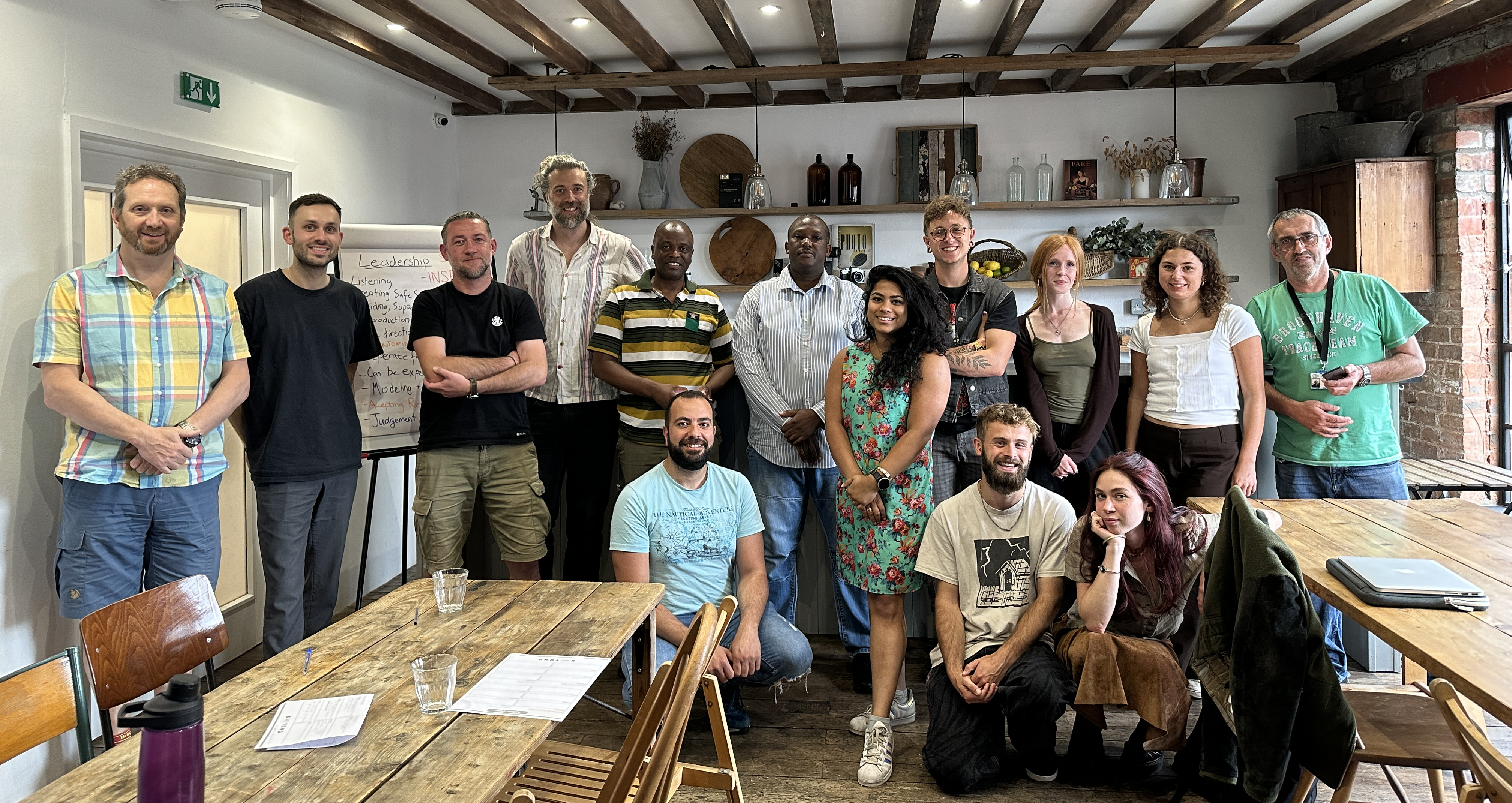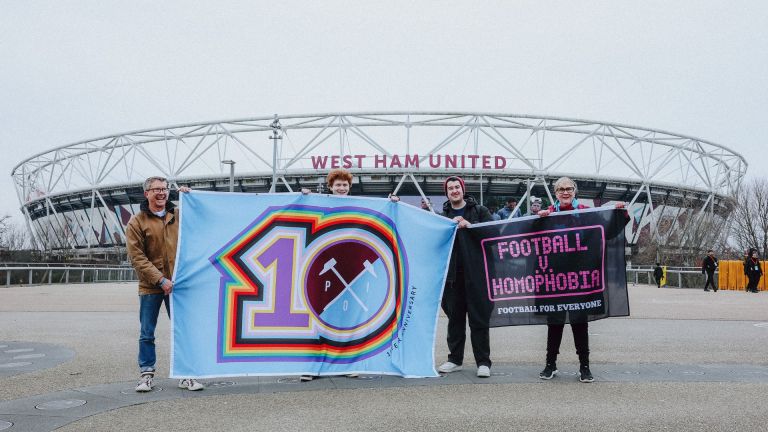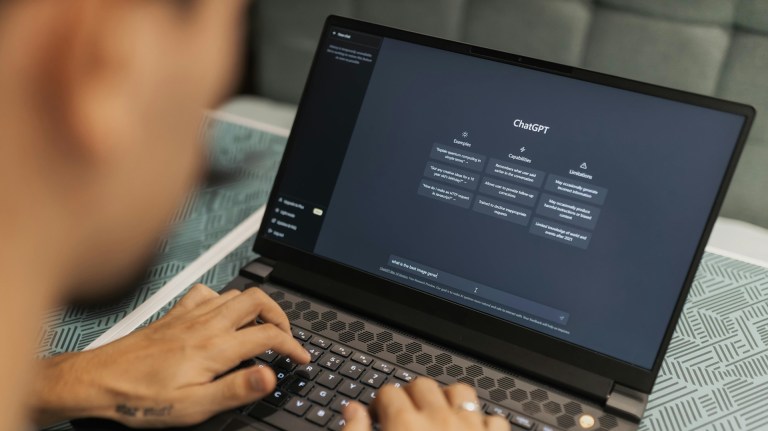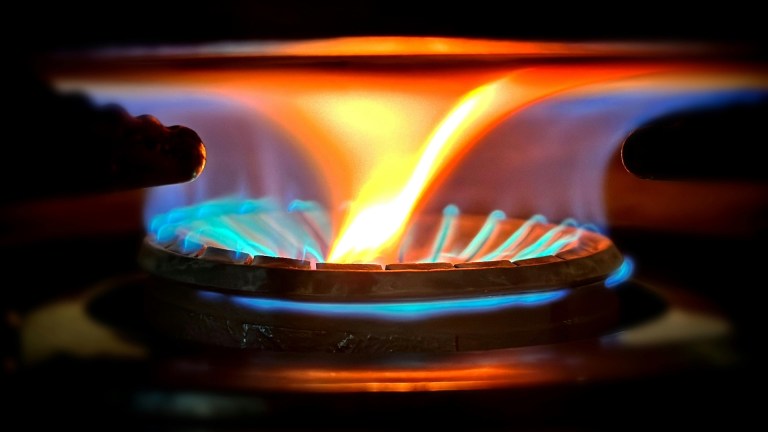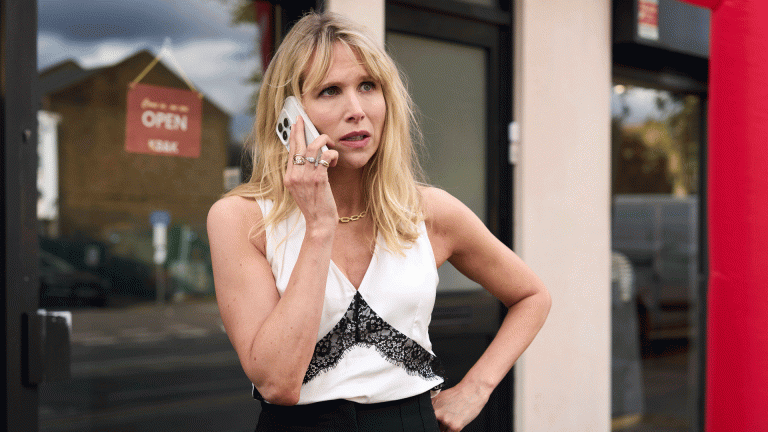Most people think a serious injury ends your story. For me, it’s where mine truly began.
When back injuries forced me to leave professional rugby, I found myself bedridden post-surgeries and on the other side of the world from my family. Rugby had been a big part of my life, and my identity was built around being the strong, silent type who pushed through pain and never asked for help. I equated strength with physical toughness and believed that if I lived up to this ideal, I’d be worth something. But now, I couldn’t get to the shower without help. Even basic tasks – groceries, cooking, washing – required reaching out to others. I literally couldn’t make it on my own. At first, I felt helpless and guilty for relying on others.
- We must change our relationship with masculinity to stop vulnerable men turning into Andrew Tate
- Teacher of the Year winner Oli McVeigh: ‘Boys are bottling up and repressing lots of different ideas’
In those vulnerable moments, something shifted. Asking for help, once a last resort, became my new reality. To my surprise, people showed up, not just out of obligation, but because they cared about and respected me. We connected in ways I’d never experienced through physical strength alone. I began to see that I was stronger not when I endured alone, but when I could open myself up to others’ support and connection.
My relationships deepened with trust and honesty. I started to see that people valued me for more than just my strength and ability to get things done. This experience expanded my understanding of myself – and of masculinity.
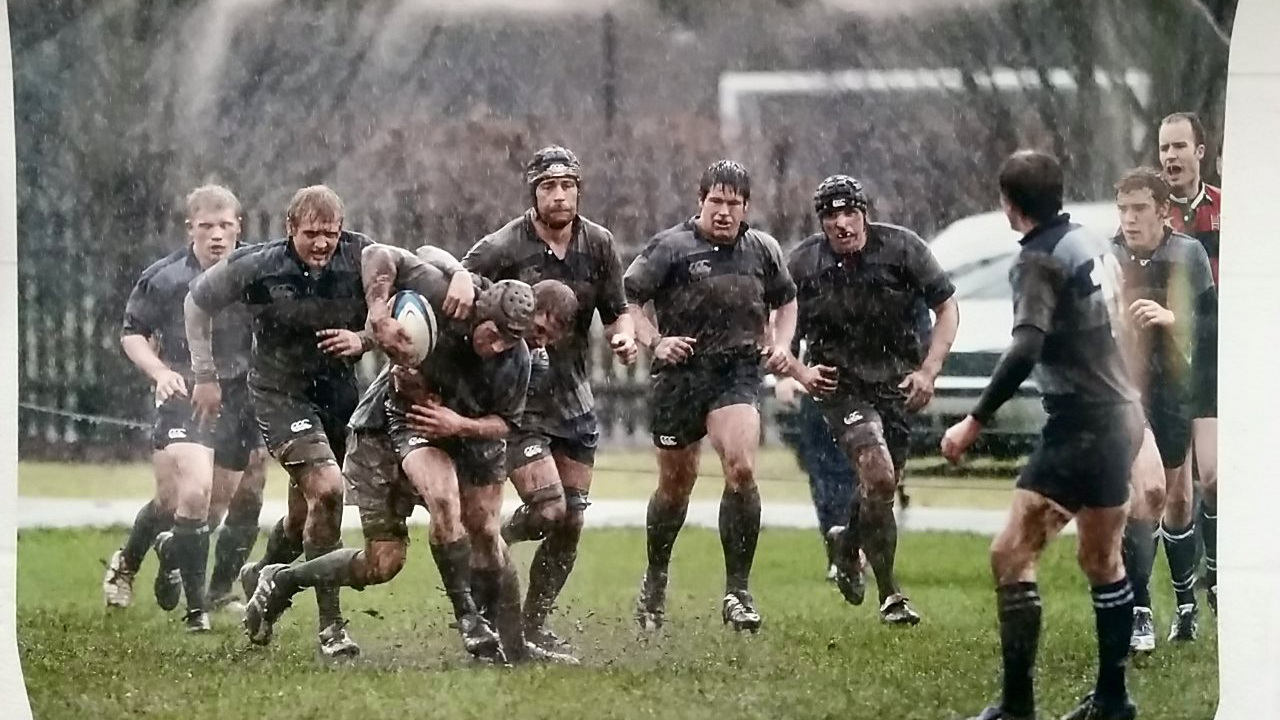
The harmful impact of ‘Man Up’ culture
At the time, I was beginning work with sports teams and university students, exploring how to create healthier team cultures and prevent bullying and harassment. That work led to the founding of Beyond Equality, a charity which has since worked with over 100,000 men and boys across the UK. Through more than 5,000 workshops, we’ve given men space to discuss their experiences and to explore how they’re shaped by different ideas of masculinity – so they don’t have to go through a serious injury in order to have these reflections.
I see diversity in men’s views on being a man, shaped by family, culture, sexuality, class and their personal history. But there are common themes: for example, many men feel a deep reluctance to “be a burden.” I recall an older man in a workshop revealing he had been hiding his cancer diagnosis and treatment from his family for six months because he didn’t want to add to their stress – “this is something I’ve got to get through alone”.
